Career Exploration
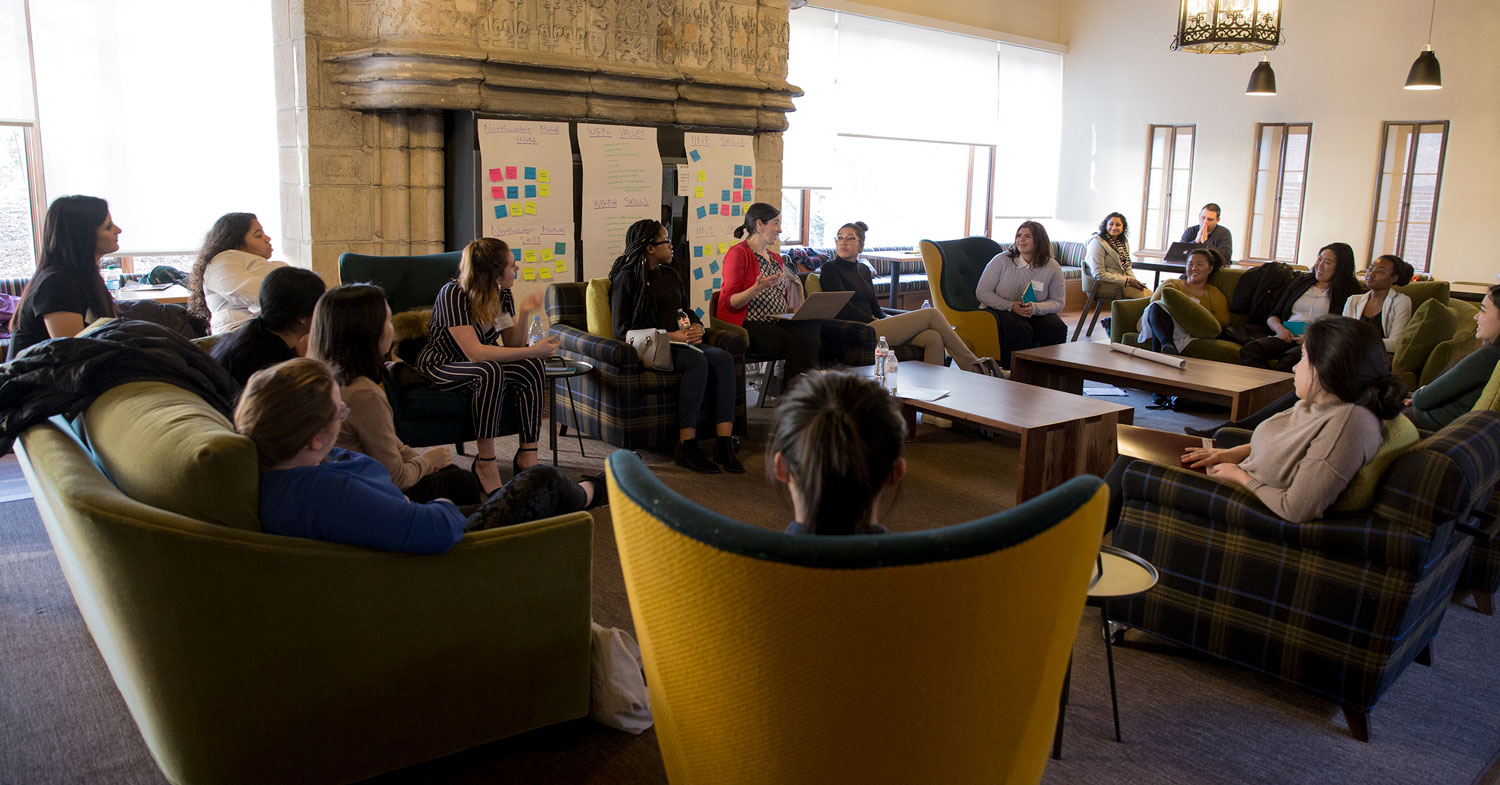
Career Exploration: Wondering where to begin?
What do you want to be when you graduate? Rest assured that most Wellesley students are unsure about their career paths and even those that feel certain often do — and should! — change their course. When beginning your career journey, it can be tempting to imagine that it will be one straight line. However, as countless alumnae will tell you, that’s not the way it works — and that’s a good thing! As the Bureau of Labor Statistics reports, the average worker will have 12-15 jobs in 5-7 different career fields in her lifetime.
We are here to help you navigate your personal career path. Every student is matched with a Advisor for Career Exploration (ACE), who will give you the mentorship, tools, connections, and space for self-assessment and reflection to identify the paths you want to pursue — grounded in a sense of your own values, strengths and interests. Make an appointment with your ACE in Handshake to begin!
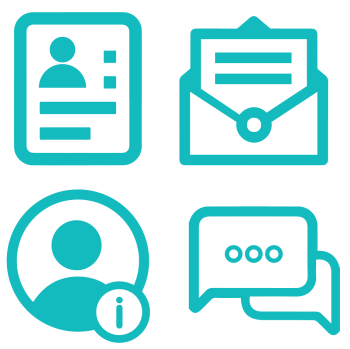
Career Essentials: Resumes, Cover Letters, Interviews, & More!
Through the Career Essentials workshop series, you will develop skills and the foundational knowledge necessary to navigate career development. Learn about resumes, cover letters, interviewing, informational interviewing, negotiation, and personal statements.
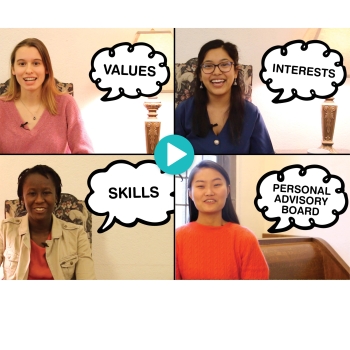
A Video Series to Help You
Get Started
We’re here to demystify your first steps as you enter the world of work! Through this video series, we’ll help you assess the values, skills, and interests you are bringing to your career journey, and consider who is on your personal advisory board.
Career Exploration Resources
Along with the video series above, the following resources will can help you along your career exploration journey. These resources will be helpful as you attend career fairs, conduct research, identify members of your personal advisory board, and schedule informational interviews or job shadow opportunities.
And remember — your ACE is here to support you along the way! Your Mentor will help you assess your values, skills, and interests, in order to identify a path forward. Schedule an appointment with your ACE in Handshake to get started!

Exploring through Study Abroad
Studying abroad can offer career benefits in addition to academic benefits, by supporting career readiness competencies such as global/intercultural fluency, critical thinking/problem solving, professionalism/work ethic, teamwork, and communications skills. Whether you are thinking about studying abroad, or wondering how to leverage and maximize your study abroad experience, these resources will help.
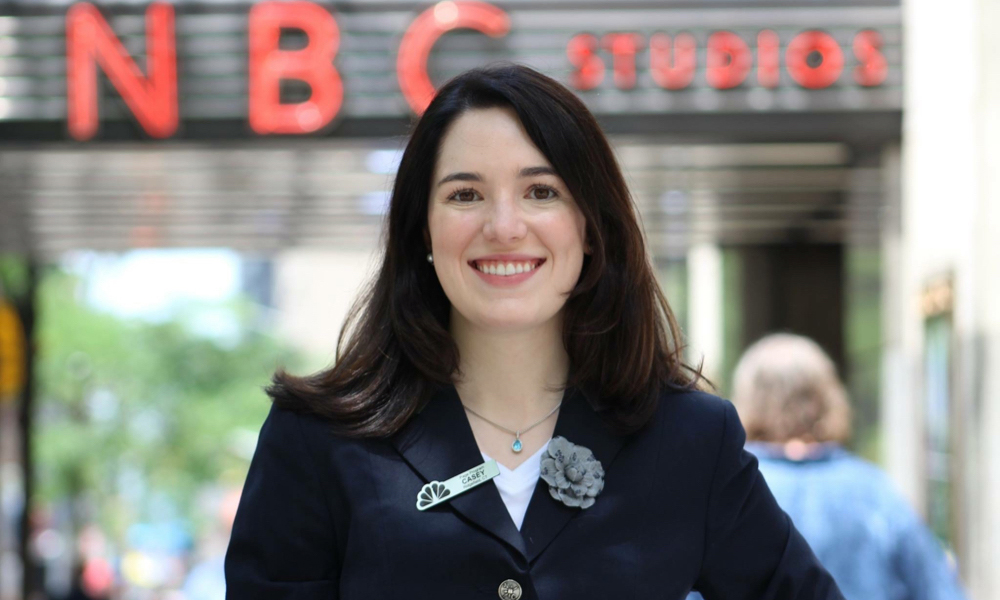
Career Education Suit Program
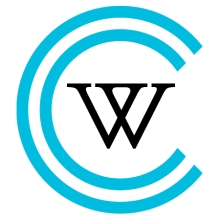
Is your wardrobe lacking the professional attire required to attend a conference, interview, or meeting? The Career Education Suit Program has quality suiting options for all gender identities in a full range of sizes. Students can choose from jackets, skirts, dresses, and pants. Suits may be borrowed for up to 7 days, with the date of return set upon check out.
Leverage Your Experience Abroad

Co-authored by Wellesley Career Education and the Wellesley Office of International Study.
This resource provides tips to help you leverage your study abroad experience upon your return.
Maximize Your Experience Abroad

This resource was co-authored by Wellesley Career Education and the Wellesley Office of International Study.
Learn how to maximize your study abroad experience by connecting to the Wellesley network, exploring beyond the classroom, and reflecting on your experience.
Thinking of Study Abroad?

This resource was co-authored by Wellesley Career Education and the Wellesley Office of International Study.
While it is easy to see the academic benefits of study abroad, it is also important to identify its career benefits. The National Association of Colleges and Employers (NACE) has a list of competencies that contribute to the career readiness of today’s college graduates. Global/intercultural fluency was one of the marketable competencies on the list. Furthermore, in a NACE survey, employers identified their top four competencies: critical thinking/problem solving, professionalism/work ethic, teamwork, and communications skills. The great news is that you could develop all of these skills as part of your study abroad experience.
Using Social Media for Networking

In today’s world, you are probably using several social media platforms each day, quite possibly as frequent as every hour! We live in a social world that grants greater opportunity for making connections and increased transparency. As you continue to approach or advance in your professional career, you must understand how to use social media platforms to your advantage in building your network and brand.

Think of your LinkedIn profile as a virtual “resume” that includes information about your education, experiences, skills, and much more. Keep in mind that your LinkedIn profile, similar to your resume, is an opportunity to brand yourself. So before you begin building your profile, you should think about how you want to communicate your brand. Ask yourself: What sets you apart from your peers? What unique contribution do you bring to the table?





